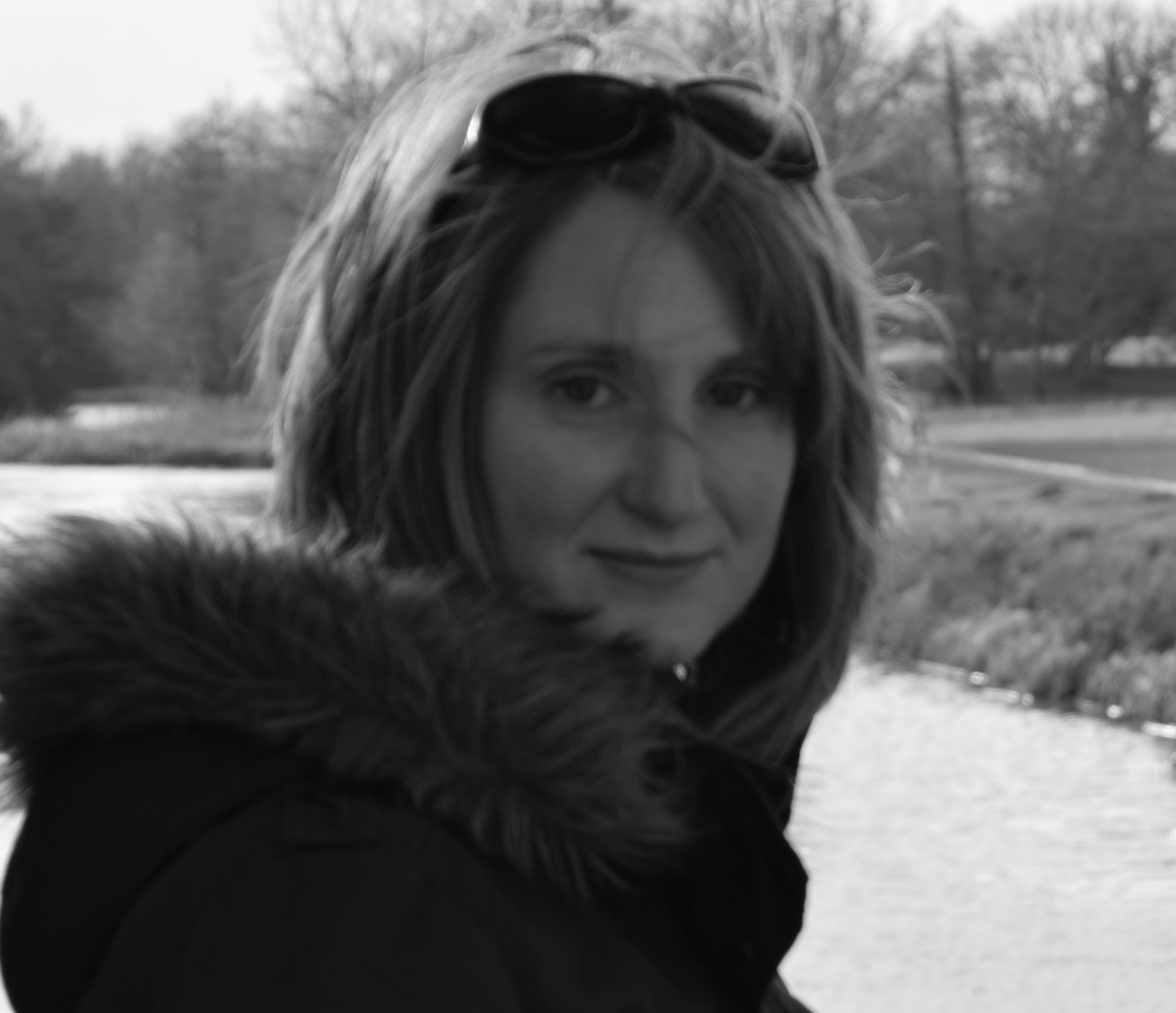Water Treatment (CIE IGCSE Chemistry)
Revision Note

Author
CarolineExpertise
Physics Lead
Water Treatment
Water supply
- Water is taken from rivers, reservoirs or underground water sources (groundwater)
- A rock that stores water is known as an aquifer
Water treatment
- Untreated water contains soluble and insoluble impurities
- Insoluble impurities include soil, pieces of plants and other organic matter
- Soluble impurities include dissolved calcium, metallic compounds and inorganic pollutants
- Water is pumped into sedimentation tanks where the water is allowed to stand for a few hours
- Mud, sand and other particles will fall to the bottom of the tank due to gravity and form a layer of sediment, in a process called sedimentation
- Filtration is the process used to remove smaller particles by passing the water through layers of sand and gravel filters that trap solid particles
- Water can also be passed through carbon (in the form of charcoal) to remove tastes and odours
- Bacteria and other microorganisms are too small to be trapped by the filters so chlorination is used
- This involves the careful addition of chlorine to the water supply which kills bacteria and other unwanted microorganisms
- Cholera and typhoid are examples of bacterial diseases which can arise from the consumption of untreated water

Diagram showing the stages in the treatment of water
Exam Tip
Exam questions on water treatment often focus on the purpose of each stage of the process.

You've read 0 of your 0 free revision notes
Get unlimited access
to absolutely everything:
- Downloadable PDFs
- Unlimited Revision Notes
- Topic Questions
- Past Papers
- Model Answers
- Videos (Maths and Science)
Did this page help you?